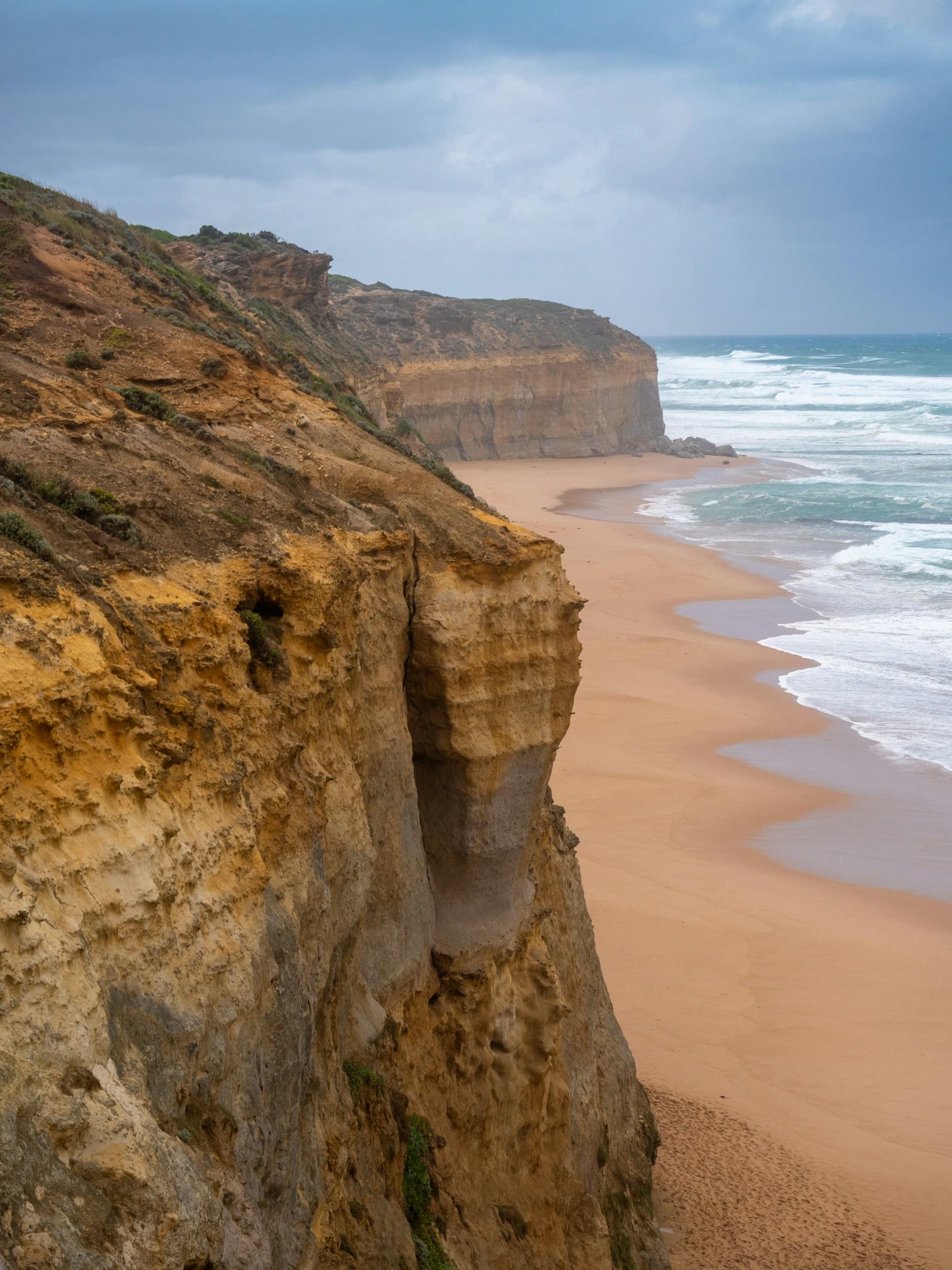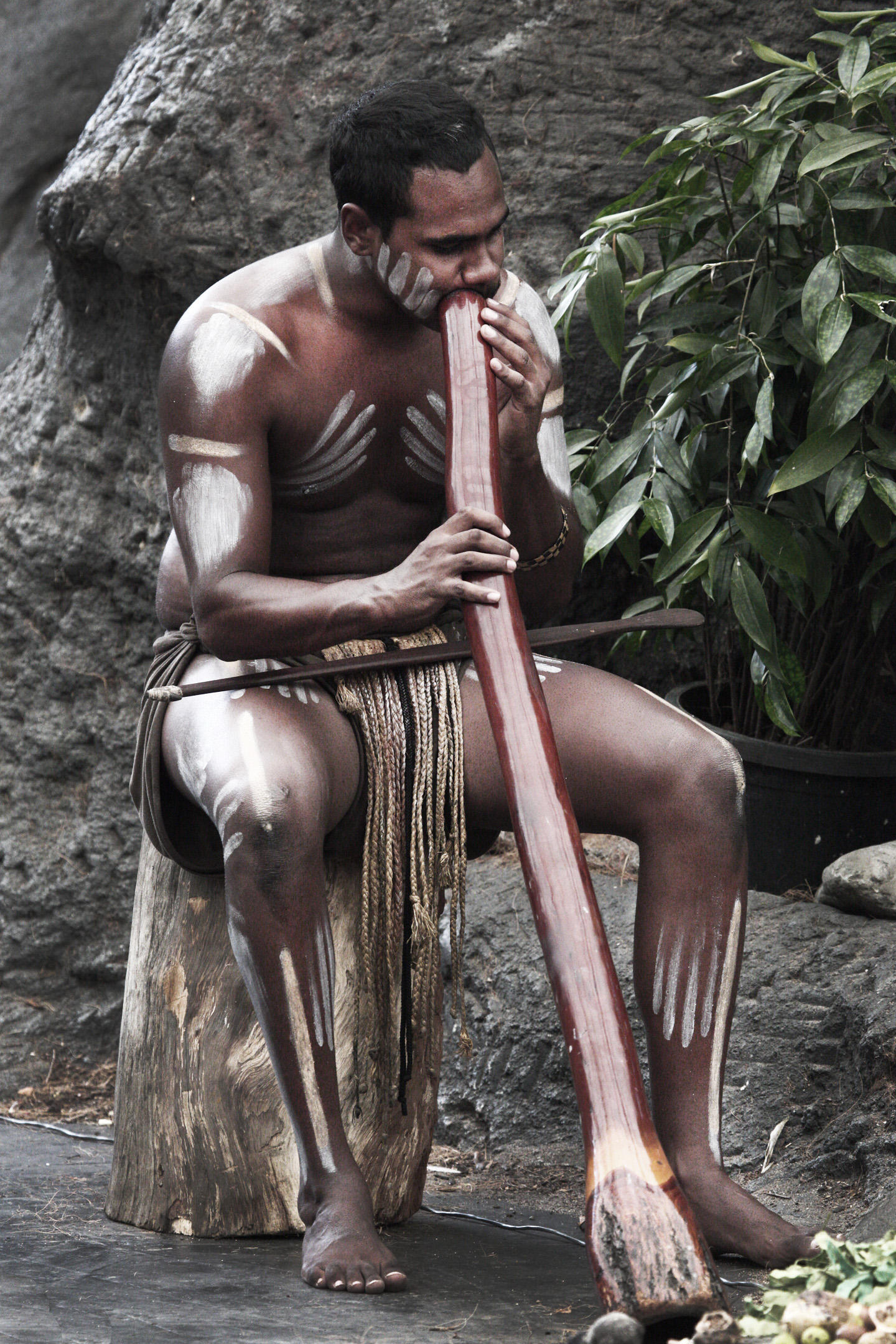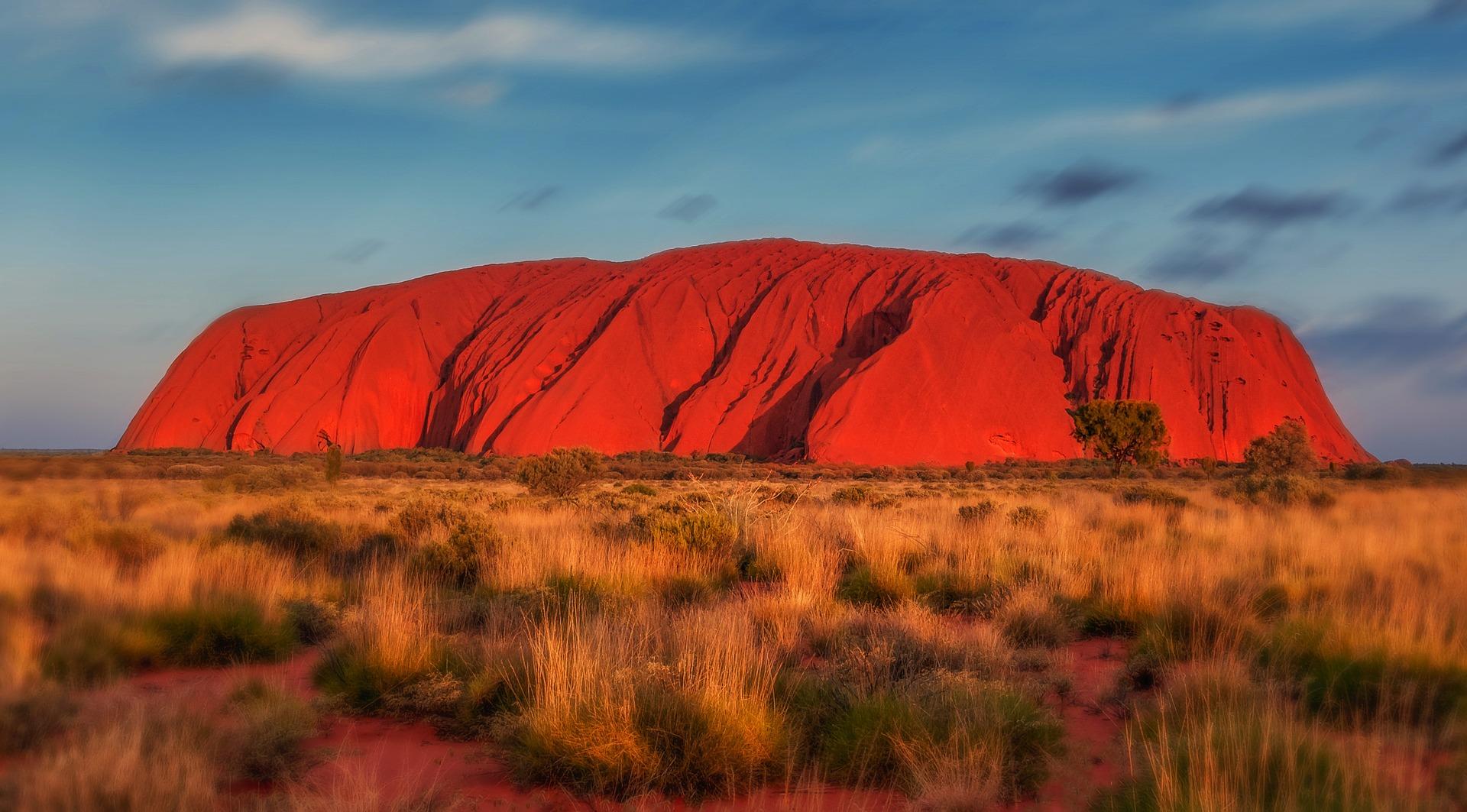Everybody wants to say who they are and where they're from. And the easiest and cheapest and most universal way of doing that is through their accent.
David Crystal
People often ask: "Does Australia use British English?". Considering that all the English dialects around the world have their roots in British English, that's a pointless question. By contrast, asking "Why do Australians speak English?" could lead to a spirited historical discussion.
Yet, neither of those questions ask what people really want to know: what about that Aussie accent? Australian pronunciation is unique and distinctive, but not all Australians speak the same way. This article exposes the three-tiered language variation, and the indigenous tongues, as well.

What Is Australian English?

Long before English-speaking settlers arrived, Australia's populations had their own languages and customs. The settlers claimed this land as a British colony, which gained its independence from the crown in 1901.
Like English speakers in Jamaica, these former British subjects voted for their country to remain in the Commonwealth of Nations.
That's how British English influenced Australian English. When children take English lessons in school, they learn British English spelling and grammar styles - 'colour' instead of the American 'color', for instance.
During the 19th Century Australian gold rush, incoming American prospectors influenced Australian English. They brought their words and grammar, along with their mining tools and know-how. Words such as "digger" and "dirt" entered the Australian vocabulary, and later on, "truck" and "freeway".
More recently, American popular culture has impacted Australian English in a broader sense. Through film, song, and social media, this influence is changing Australian English. But then, it influences Nigerian English, too. So, maybe this phenomenon isn't so remarkable.
These few paragraphs give us almost enough background information to explore Australian English and its three main variants. We haven't yet mentioned the expanse of land Australia covers, nor how scattered the population is. Those two points make Australian English all the more remarkable.
The Broad Variant
Linguistically speaking, Australian English comprises three variations. Which one the Australian speaker cultivates depends on many factors.
Those include everything from their education level to their social class, and whether they live in a city or outside of one.

Unlike the range of American English dialects, Australian accent variations don't assign easily to specific regions. For instance, you may hear the broad variation all along Australia's east coast. However, it becomes broader and more nasal the further north one travels.
Native Australians call this accent Strine (or Stryne), but that term is falling out of favour. Its replacement, Strayan - derived from 'Australian', is growing more popular.
Strayan Pronunciation Features
A hard "a" sound will sometimes be pronounced as an "e" or an "i" sound. The word "cat" could sound like 'ket' or 'kit' to a non-Australian. These clipped vowel sounds are typical of the nasal, broad variation accent.
You may also hear the "ou" sound pronounced more like "eah". The farewell, "See you!" will sound more like "See yeah!". The 'ay' sound comes out as 'ie', such that an Australian announcing they're going home today sounds like: "I'm going home to die".
By contrast, Styne speakers tend to diminish consonant sounds. The standard Australian 'G'day, mate!' is the perfect example of such. Typical pronunciation involves glossing over the G, stumbling over the 'D' to land lightly on the 'M'. And then, we swallow the 'T' whole.
A person speaking with such an accent might call themselves an Ocker. They may also be labelled as such, particularly if they're rude and obnoxious.
Strayne - the broad variation of Australian English, is the one people around the world recognise. Steve Irwin and Paul Hogan, two of Australia's most beloved cultural exports, both spoke Strayne. In this clip, we see Mr Irwin describing his ideal world with his accent on full display.

The General Variant

To the untrained ear, all Irish English dialects sound alike. One might say the same for Australian English. That's because all the untrained ears live outside Australia (and Ireland!).
Much of the wider world's exposure to Australian English comes thanks to broadcast presenters and celebrities, such as Rebel Wilson and Hugh Jackson.
Ms Wilson speaks the general variation of Australian English. This accent is the most common throughout Australia. It's the standard language pupils learn during English grammar lessons in Australian schools.
The general variation of Australian English underwent a codification process. It made uniform this language's spelling and grammar. Its words and phrases underwent a bit of a clean-up, too.
However, that doesn't stop Australians from conjuring up new saucy, salty phrases. Australian slang is a genuine marvel of linguistics. Study these phrases and add your favourites to your slang lexicon!
Spit the Dummy
This phrase means 'have a temper tantrum'. Imagine a baby revving up to a good shriek. They first work their pacifier - their 'dummy' out of their mouths and then, they let loose. Instead of losing your temper, next time, spit the dummy - the visual might make you laugh, instead.
Tall Poppy Syndrome
This serious illness comes as a result of jealousy. Your mate just got something you wanted for yourself; maybe a promotion at work or good marks on their exam. If you have tall poopy syndrome, you cannot be happy for them, no matter what.
Faffing Around
After your big letdown, you might have no motivation left. You go faffing around town, not doing yourself or anyone else any good. If you guessed this slang means 'wasting time', you're on the money.
Hugh Jackman, the Australian actor and general variation speaker, does not faff around. In this clip, we see him rushing to receive yet another award. Let's hope nobody there has tall poopy syndrome, because he certainly earns his prizes.
The Cultivated Variant
This Australian variation comes the closest to British Standard English (BSE) and Received Pronunciation (RP). This accent is the so-called 'language of class'. It delivers the precise tones one expects in high society.
That does not mean that this is the best Australian accent variation. The broad variation gets credit for warmth, humour, and talkativity. Still, Australians who speak the cultivated variant are usually treated as more intelligent, competent, and honest.

This type of tragic language discrimination affects societies worldwide. However, it's particularly brutal - and evident, in the variety of Indian English dialects. Such limitations are hard to break free of.
In Australia, the cultivated variant is on the wane. Traditionally a mark of wealth and status, those are not qualities today's Australians favour. Cate Blanchett, drives that point home. Though she speaks with the cultivated variation, she takes every chance to minimise her social advantage - in this case, by teaching us Australian slang.
Aboriginal English and Australian English

We started our exposé with a nod to Australia's indigenous peoples; we'll finish the same way. For expediency's sake, we lump all the variations in Aboriginal and Torres Strait Islander English under one banner.
Whether taught in an English language course Melbourne or as a part of the national curriculum, we call this variation Australian Aboriginal English.
Across the country, this English variation ranges from close to General Australian to non-standard forms that have no specific name or designation.
This AAE has its own grammar rules and vocabulary. Though some words may sound the same as Australian English, their meanings differ. Furthermore, this variation sees different uses for the language.
AAE speakers in northern parts of Australia typically do not use feminine pronouns. 'He/him' serves everyone and everything. Think of it like the BSE use of 'one'. "One must brush their teeth every day" becomes: "He must brush teeth every day."
Auxiliary verbs do not feature in AAE. The progressive construction 'are + -ing' - "We are walking", becomes "We walking". Typically, the 'G' sound at the end fades: "We walkin'."
Pronunciation cannot be generalised. Each community adapts the language's speaking rules, as needed. Often, their guidelines depend on their native language's structure and tone. Australian English's nasal quality is mostly absent in these variations, and vowel sounds tend toward smallness.
Australian Kriol is a creole-based language separate from Australian Aboriginal English. Likewise, Torres Strait Creole is separate from Torres Strait English.
Other ethnocultural varieties of Australian English include those from European and West Asian languages. For instance, Lebanese Australian English (LAusE) accommodates Australian speakers of Lebanese descent. These communities are particularly strong in New South Wales and Victoria. LAusE is Australia's newest recognised dialect.
By contrast, the Asian diaspora stretches from Perth to Melbourne. These communities have woven aspects of their native language into Australian English. 'Aiyah!', from Mandarin, is an addictive way to say 'What a pity!'. The 'lah!' ending particle, to express frustration, comes from the Singlish dialect.
Summarise with AI:















